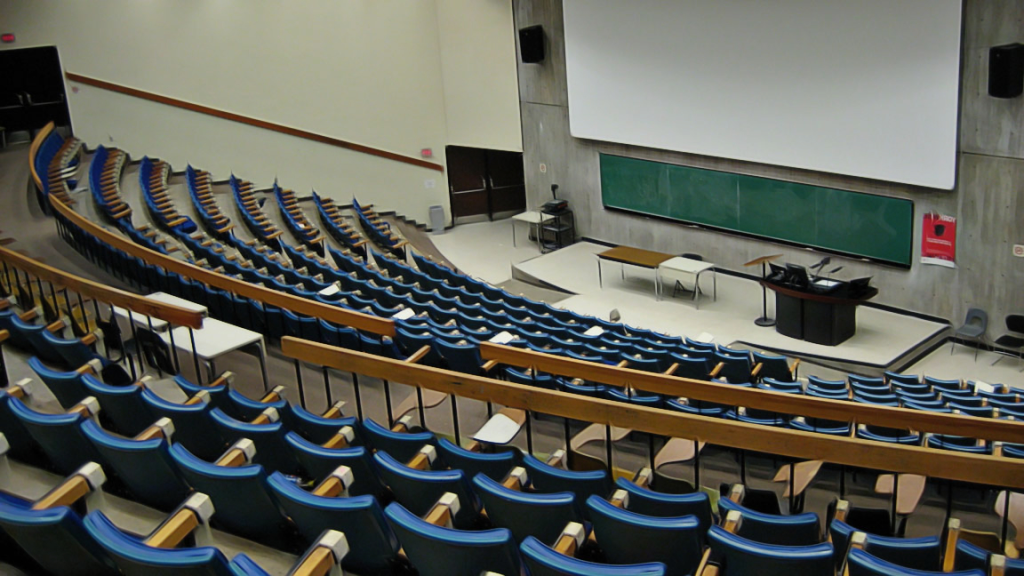Governor Ron DeSantis of Florida has recently made headlines with his decision to implement significant budget vetoes, directly impacting higher education across the state. The controversial move has sparked a flurry of reactions from educators, students, and political analysts alike.
Among the key components of DeSantis’ budgetary cutbacks are substantial reductions in funding allocations for public universities and colleges. Many institutions are now facing the challenges of operating with diminished resources, potentially affecting various academic programs, research initiatives, and student services.
One of the primary concerns raised by critics is the potential long-term impact on the quality of education that Florida’s higher institutions can offer. Reduced budgets may lead to larger class sizes, fewer course offerings, and a limitation on the availability of scholarships and financial aid. All these factors combined could make higher education less accessible and affordable for students throughout the state.
Supporters of DeSantis’ vetoes argue that the cuts were necessary to balance the state’s budget and to ensure fiscal responsibility. They believe that prioritizing other areas such as healthcare, infrastructure, and public safety may prove to be more beneficial in the long run.
However, opponents question whether such dramatic reductions in educational spending might undermine Florida’s economic future. Higher education is seen as a critical driver for innovation, skilled workforce development, and overall economic growth. Critics worry that failing to adequately invest in higher education could lead to a brain drain where talented students and professionals leave the state for better opportunities elsewhere.
As universities and colleges strategize on how best to navigate these budgetary constraints, many are calling for increased advocacy and creative solutions to secure alternative funding sources. Philanthropic contributions, public-private partnerships, and grants may become more crucial than ever before as these institutions strive to maintain their standards of excellence.
The debate over Governor DeSantis’ veto list underscores a broader national conversation about educational priorities and funding strategies. The choices made today regarding higher education financing will undoubtedly shape the social and economic landscape of Florida for years to come. As stakeholders continue to discuss potential paths forward, it is clear that the implications of these budget cuts will be felt deeply across campuses statewide.

